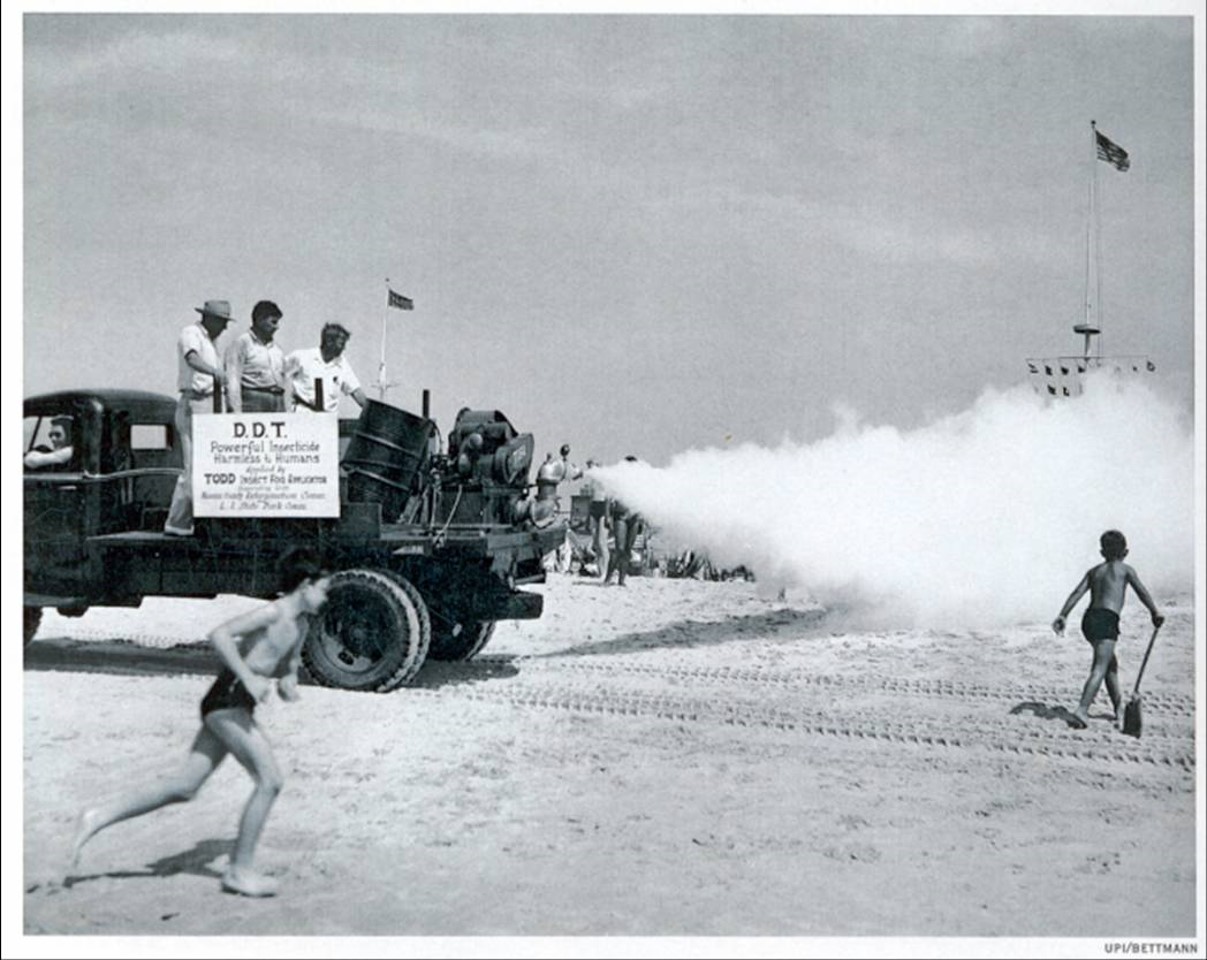Entertainment and Tourism Careers: Essential Skills for Success
Entertainment and tourism careers: essential skills for success
The entertainment and tourism industries offer exciting and diverse career opportunities for individuals with the right skill set. These sectors, which include everything from theme parks and hotels to cruise lines and event management, require professionals who can create memorable experiences while maintain operational excellence. Whether you’re simply will start your career journey or will look to transition into these vibrant fields, understand the essential skills will require will help you’ll succeed.
Core skills for entertainment and tourism professionals
Customer service excellence
At the heart of both entertainment and tourism lie exceptional customer service. Visitors and guests expect personalize attention and memorable interactions that enhance their overall experience.
Strong customer service skills include:
- Active listening to understand guest needs and preferences
- Problem solve abilities to address concerns rapidly and efficaciously
- Patience when deal with difficult situations
- Empathy to connect with guests on a personal level
- Maintain a positive attitude level during challenging circumstances
Professionals who excel in customer service create loyal patrons who return and recommend experiences to others. This skill form the foundation upon which all other industry competencies build.
Communication skills
Clear, effective communication is crucial in entertainment and tourism. You will interact with diverse audiences, from international tourists to will team members and stakeholders.
Important communication skills include:
- Verbal communication that’s clear, concise, and appropriate for the audience
- Write communication for correspondence, reports, and marketing materials
- Non-verbal communication awareness, include body language and facial expressions
- Public speak for tour guides, entertainers, and management roles
- Ability to communicate across cultural and language barriers
Communication extend beyond simply convey information — it’s about create connections that enhance the guest experience and facilitate smooth operations behind the scenes.
Cultural awareness and sensitivity
Both entertainment and tourism are global industries that attract diverse audiences. Cultural competence allow professionals to create inclusive environments and personalized experiences.
Develop cultural awareness involve:
- Understand different cultural norms, expectations, and taboos
- Recognize how cultural backgrounds influence guest preferences
- Adapt services to accommodate diverse needs
- Respect religious and cultural practices
- Learn basic phrases in common languages speak by visitors
Professionals with strong cultural awareness create welcome environments where all guests feel value and understand, irrespective of their background.
Operational and management skills
Adaptability and flexibility
Entertainment and tourism environments can change quickly due to factors like weather, guest volumes, special events, or unexpected situations. The ability to adapt rapidly is essential.
Adaptability in these industries mean:
- Rapidly shift priorities base on immediate needs
- Remain calm under pressure
- Find creative solutions to unexpected problems
- Willingness to take on different roles as need
- Maintain quality standards despite change circumstances
Professionals who embrace change quite than resist it thrives in these dynamic industries where no two days are incisively similar.
Time management and organization
Entertainment and tourism operations run on tight schedules, with many move parts that must synchronize absolutely. Strong organizational skills ensure smooth experiences for guests.
Essential time management skills include:
- Prioritize tasks efficaciously
- Meeting deadlines systematically
- Coordinate multiple responsibilities simultaneously
- Create efficient systems and workflows
- Plan forward while remain flexible
Whether you’re manage hotel check ins, coordinate show times, or organize tour departures, organizational skills prevent the chaos that can diminish guest experiences.
Leadership and team collaboration
Most entertainment and tourism operations require teamwork to deliver seamless experiences. Level entry level positions benefit from leadership qualities and collaborative skills.
Important team skills include:
- Ability to motivate and inspire colleagues
- Effective delegation and task assignment
- Conflict resolution among team members
- Recognition of individual strengths and weaknesses
- Create an atmosphere of mutual support
Leaders in these industries understand that great guest experiences start with cohesive teams who communicate intimately and support each other’s efforts.
Creative and technical skills
Creativity and innovation
Entertainment and tourism thrive on create memorable experiences that stand out from competitors. Creative thinking help professionals develop unique offerings and solve problems innovatively.
Creativity in these fields include:
- Design engage activities and experiences
- Create theme environments that transport guests
- Develop fresh approaches to traditional offerings
- Find unique solutions to common challenges
- Anticipate trends and guest preferences
Innovative thinking keep experiences fresh and exciting, encourage repeat visits and positive word of mouth marketing.
Digital literacy and technology skills
Modern entertainment and tourism operations rely intemperately on technology for everything from reservations to marketing to guest experiences.
Important technological skills include:
- Proficiency with industry specific software (pPOSsystems, reservation platforms )
- Understanding of digital marketing principles
- Social media management for promotion and guest engagement
- Basic data analysis to track trends and performance
- Comfort with emerge technologies like virtual reality or mobile applications
As these industries will continue to will embrace digital transformation, professionals with strong tech skills will have a significant advantage in the job market.
Storytelling and experience design
At their core, entertainment and tourism sell experiences instead than products. The ability to craft compelling narratives enhance these experiences importantly.
Storytelling skills include:
- Create cohesive narratives that engage guests
- Understand emotional journey mapping
- Design moments of surprise and delight
- Incorporate local history and culture into experiences
- Personalize stories for different audience segments
Whether design theme park attractions or hotel guest journeys, professionals who understand narrative structure create more memorable and impactful experiences.
Industry specific knowledge
Destination and product knowledge
Entertainment and tourism professionals need comprehensive knowledge about their specific venue, destination, or product offerings.
This includes understanding:

Source: partnersintourism.ca
- Local attractions, history, and points of interest
- Venue layouts, facilities, and accessibility feature
- Available services and amenities
- Seasonal variations and special events
- Insider tips that enhance guest experiences
Thorough product knowledge allow professionals to answer questions confidently, make appropriate recommendations, and create personalize experiences for guests.

Source: touristsecrets.com
Health, safety, and security awareness
Guest safety is paramount in entertainment and tourism. Professionals must understand and implement appropriate safety protocols.
Safety skills include:
- Basic first aid and emergency response procedures
- Understanding of security protocols and crowd management
- Food safety and hygiene standards
- Crisis management and evacuation procedures
- Compliance with industry specific regulations
A strong safety orientation protect both guests and the organization’s reputation, create environments where visitors can relax and enjoy themselves.
Sustainability and responsible tourism practices
Modern entertainment and tourism progressively emphasize sustainability and responsible practices.
Key knowledge in this area include:
- Environmental impact reduction strategies
- Cultural preservation and authentic representation
- Community engagement and benefit sharing approaches
- Ethical considerations in entertainment and tourism
- Communicate sustainability efforts to guests
Professionals who understand and implement responsible practices contribute to the long term viability of destinations and attractions while meet grow consumer demand for ethical experiences.
Business and financial acumen
Sales and marketing understanding
Level for non marketing roles, understand basic sales and marketing principles help professionals contribute to business success.
Valuable marketing skills include:
- Identify target audiences and their preferences
- Upselling and cross-sell techniques
- Understand pricing strategies and value perception
- Recognize promotional opportunities
- Create shareable moments that generate word of mouth
Professionals who understand how their role contribute to the overall marketing strategy can enhance revenue generation while improve guest experiences.
Financial awareness
Entertainment and tourism businesses operate on tight margins, make financial awareness important at all levels.
Key financial skills include:
- Basic budgeting and cost control
- Understand revenue management principles
- Recognize the financial impact of operational decisions
- Identify efficiency opportunities
- Balance quality with cost considerations
Professionals with financial awareness make decisions that support both excellent guest experiences and business sustainability.
Develop your entertainment and tourism skill set
Education and training pathways
While many entertainment and tourism skills develop through experience, formal education can provide a strong foundation.
Educational options include:
- Hospitality and tourism management degrees
- Event management certifications
- Culinary arts programs
- Entertainment business courses
- Industry specific certifications (tour guiding, attraction operations )
The best educational paths combine theoretical knowledge with practical, hands-on experience through internships or work study programs.
Build experience strategically
Experience remain extremely value in entertainment and tourism. Strategic approaches to gain experience include:
- Start in front line roles that build customer service skills
- Volunteering for special events or projects
- Seek seasonal positions at premier destinations
- Cross-training in different departments
- Participate in industry associations and network events
Each role and experience build transferable skills that create a comprehensive skill set attractive to employers throughout these industries.
Continuous learning and adaptation
Entertainment and tourism invariably evolve with change consumer preferences, technologies, and global conditions.
Stay current require:
- Follow industry publications and thought leaders
- Participate in professional development opportunities
- Seek mentorship from industry veterans
- Explore emerge trends and technologies
- Gather and implement guest feedback
Professionals who commit to lifelong learning remain relevant and valuable throughout their careers in these dynamic industries.
Conclusion
Work in entertainment and tourism require a diverse skill set that combine customer service excellence with operational know how, creativity, and business understanding. While specific technical skills vary by role, the core competencies of communication, adaptability, cultural awareness, and guest focus thinking remain consistent across the industries.
By will develop these essential skills and endlessly will expand your knowledge, you will position yourself for a rewarding career will create memorable experiences for guests from around the world. The entertainment and tourism industries offer virtually limitless opportunities for growth and advancement for those with the right combination of skills, passion, and dedication.



